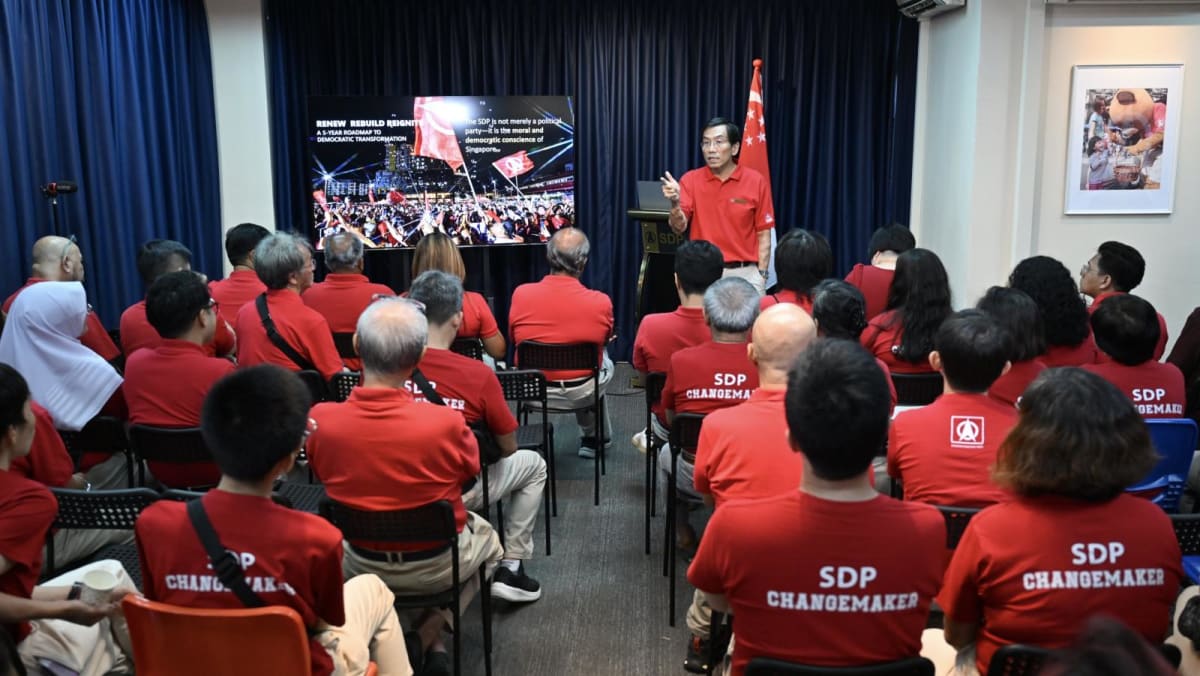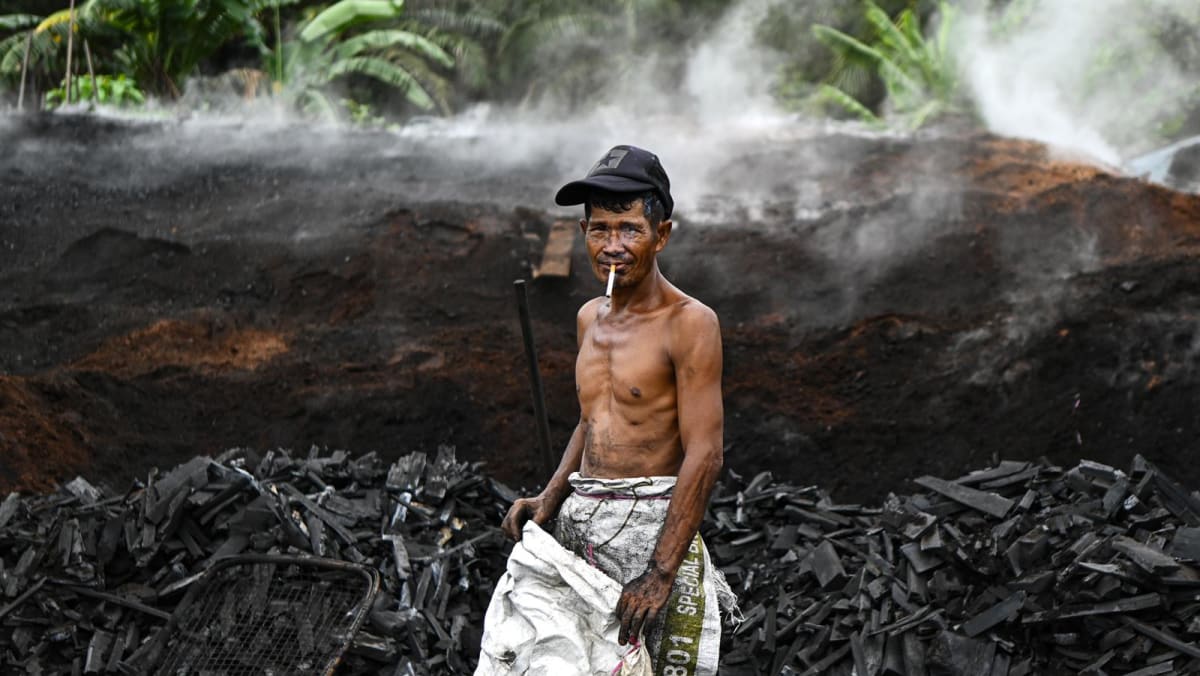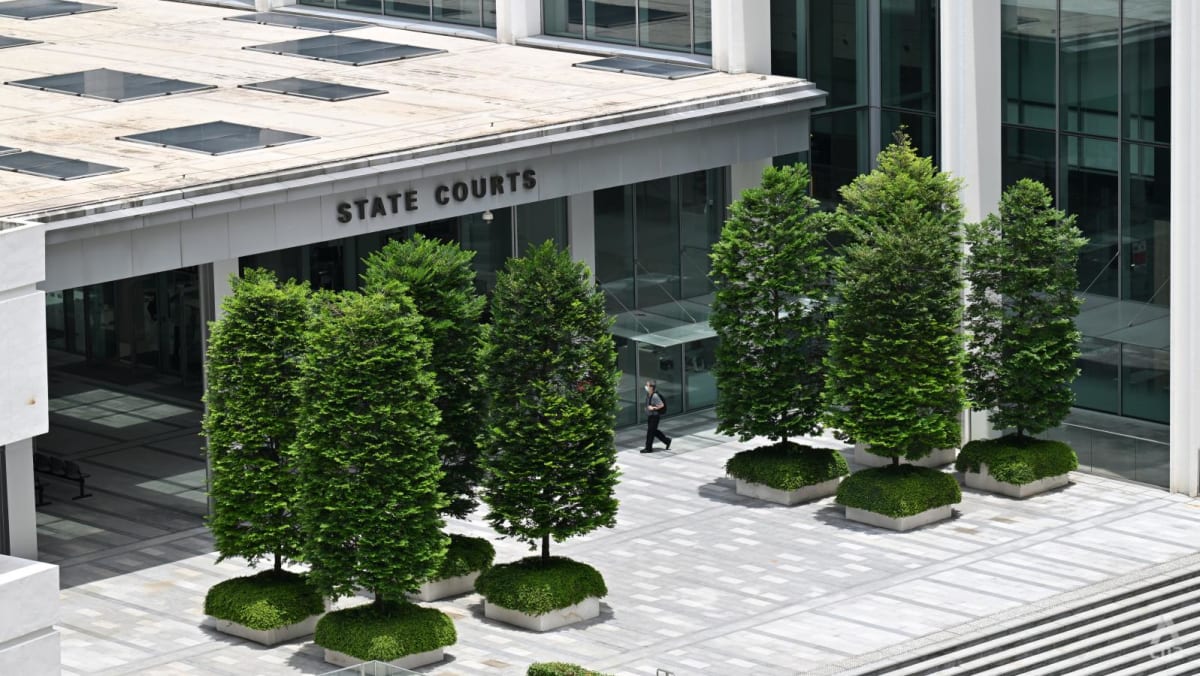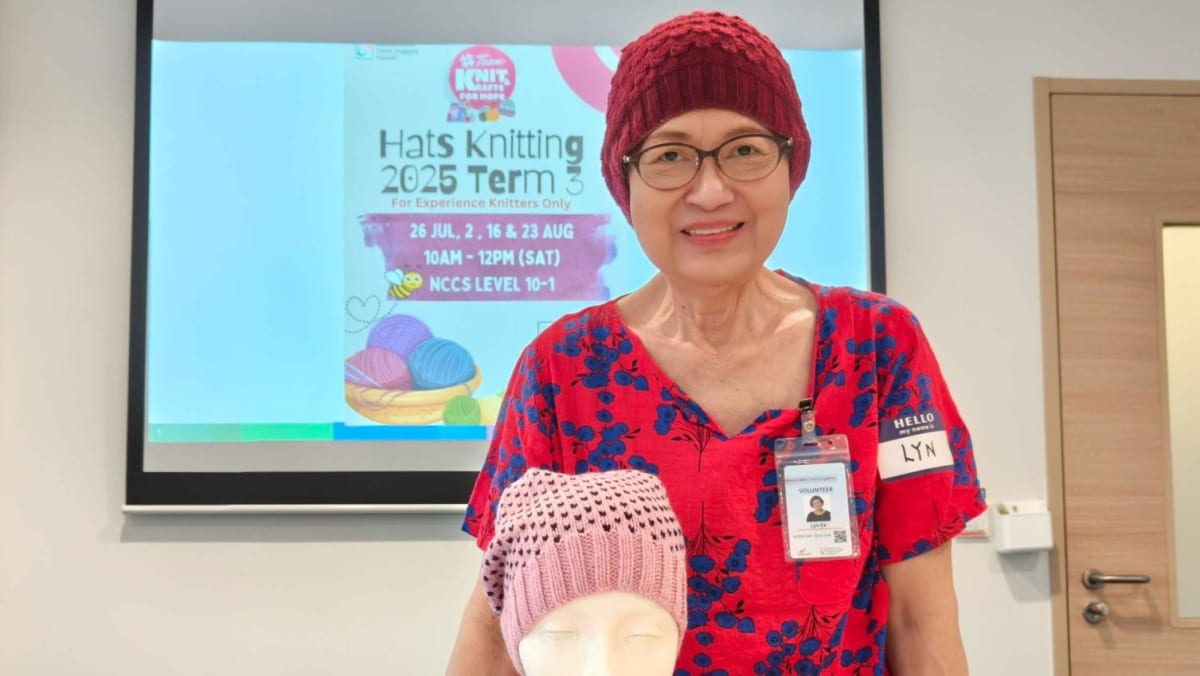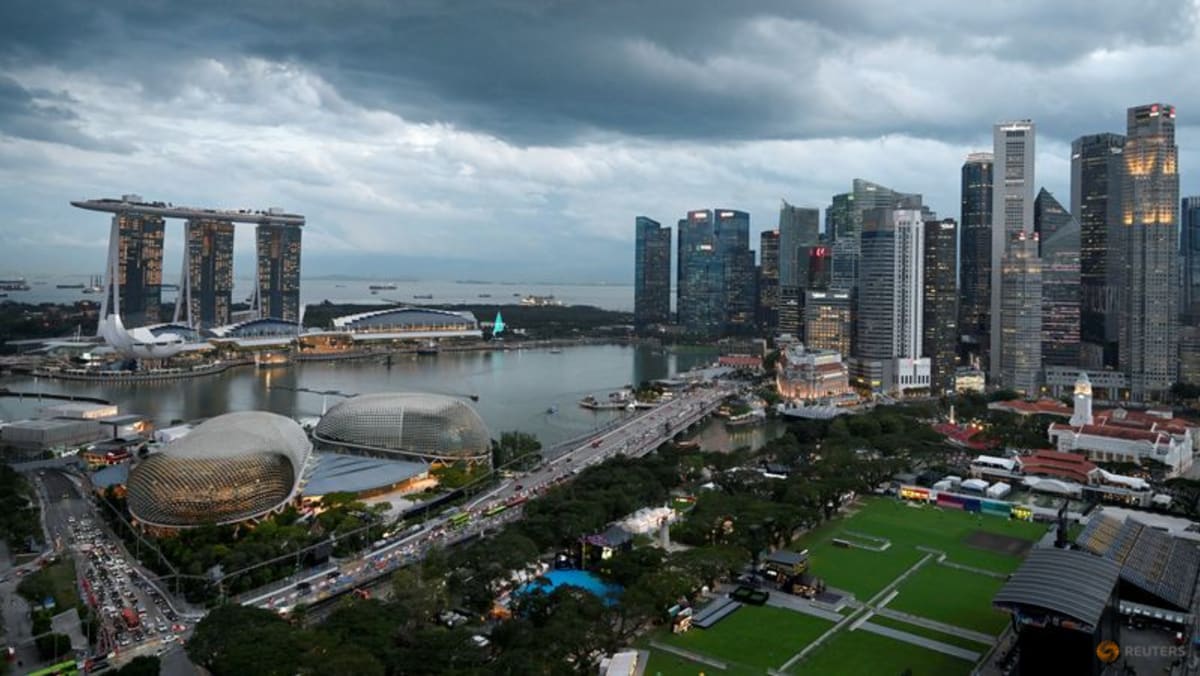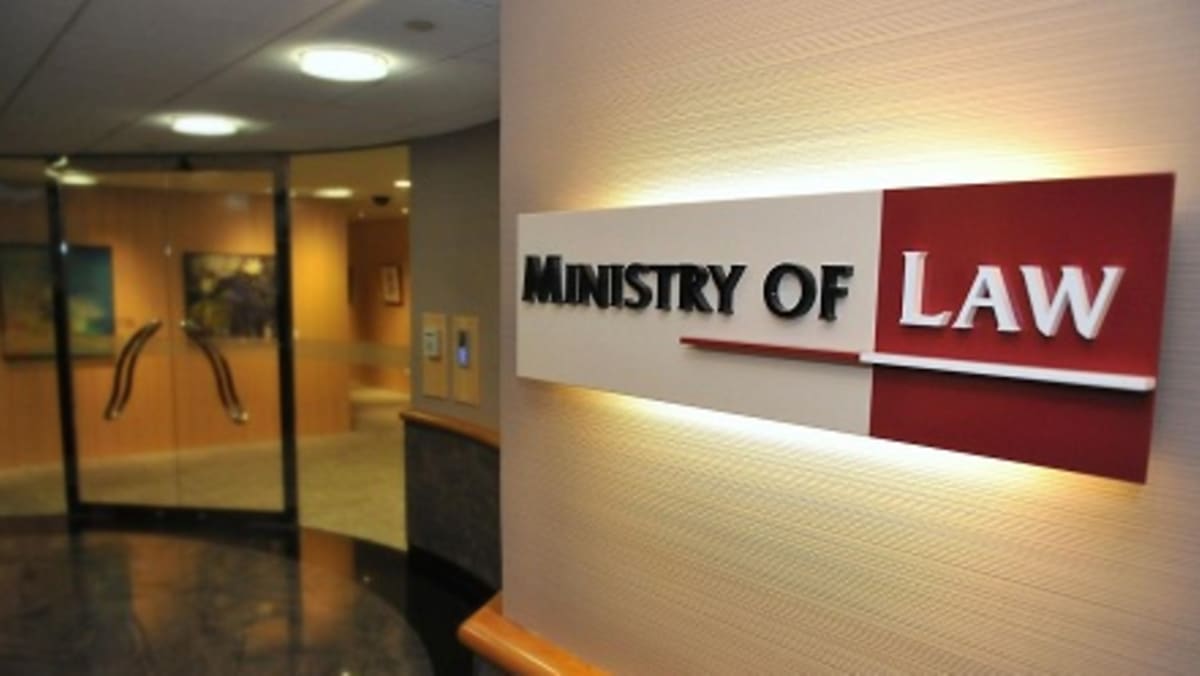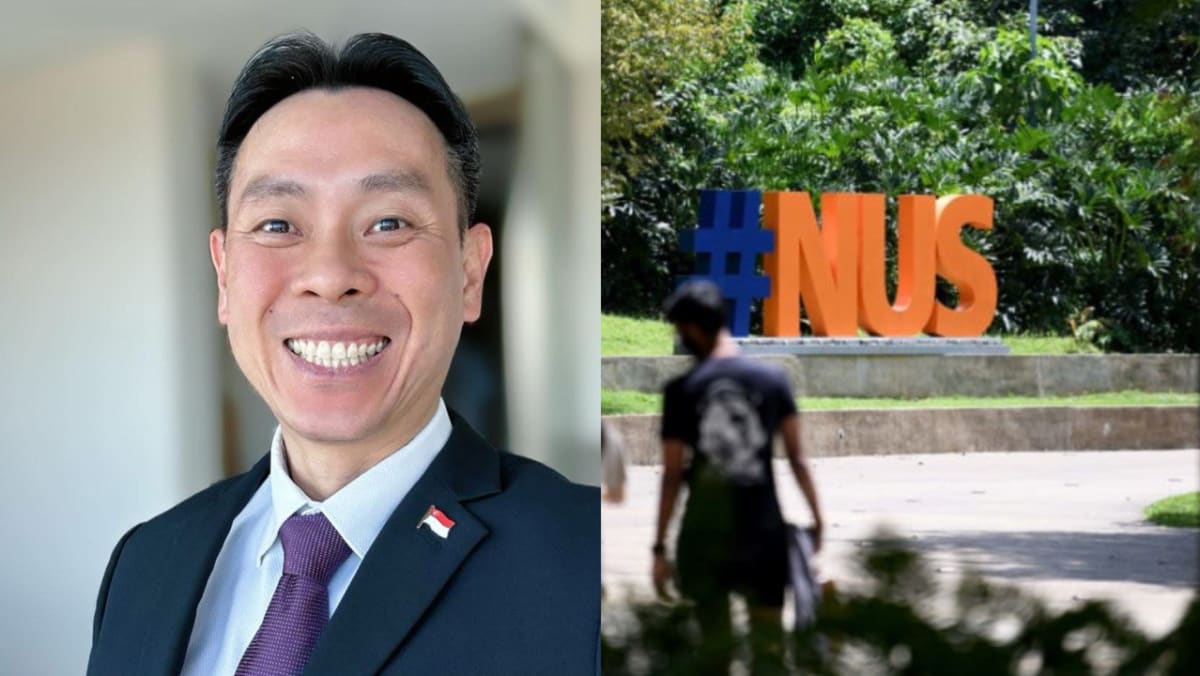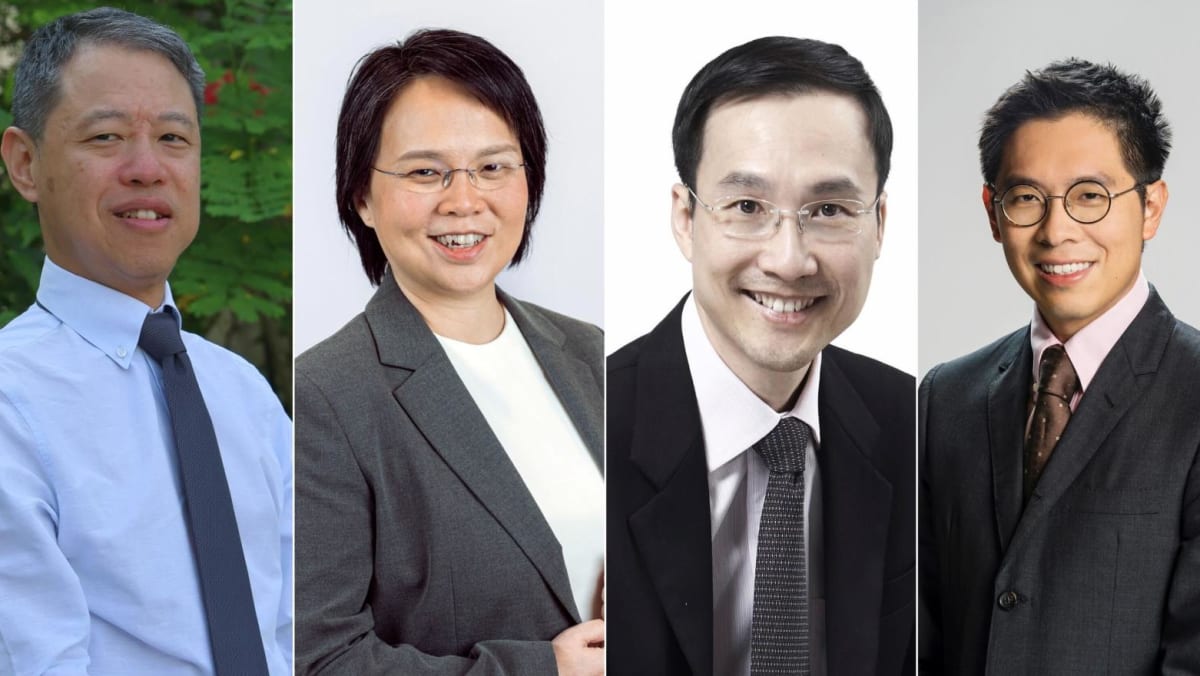SINGAPORE: An executive chairman and managing director of an investment holding firm managed to misappropriate S$7 million (US$5.4 million) from his company under the guise of property development projects in China.
Lee Boon Teck, 58, used the sum stolen from Catalist-listed KLW Holdings to buy himself shares in the company. The investment holding firm is now known as HS Optimus Holdings.
He pleaded guilty on Tuesday (May 20) to one count each of criminal breach of trust and falsifying accounts. Ten similar charges will be taken into consideration.
Lee admitted to carrying out the offences in 2014 with his co-accused Chan Ewe Teik, now known as Michael ET Chan.
At the time, Lee was also director of Barang Barang and Ambertree, which were companies in the KLW group. Chan was the sole director and shareholder of Straitsworld Advisory, a consultancy firm.
The duo met in 2010 or 2011, when Chan offered Lee his consultancy services after reading an article about Barang Barang facing business problems.
Chan started introducing business opportunities to KLW through Lee. In 2013, Chan floated two projects in China involving the acquisition of a state-owned hotel in Zhangye, Gansu and the development of the surrounding land.
The plan was for Straitsworld to acquire the assets for the projects with the help of a third company, White Group, then sell them to KLW, which would develop the hotel and surrounding land.
The three companies entered into an agreement with the Zhangye government in April 2014.
Lee did not inform KLW’s board of directors about the projects, despite knowing that any corporate decisions he made for the group required the board’s formal and express approval.
He also arranged for Ambertree to pay Straitsworld S$7 million in commitment fees for the Zhangye projects in May 2014.
A second payment of S$7 million in supposed commitment fees from KLW to Straitsworld was made in June 2014. This was the sum that Lee misappropriated.
Before this second transfer, Lee had told Chan that he needed S$7.8 million to buy KLW shares. Chan agreed to loan him the money, but was unable to obtain the full sum as the share purchase deadline neared.
The duo therefore agreed to fund Lee’s share purchase by using S$7 million in commitment fees from KLW to Straitsworld first, as a loan. Lee proceeded to authorise this second payment.
By August or September 2014, discussions over the Zhangye projects had broken down.
In May 2015, KLW’s group financial controller informed the independent directors that the commitment fees paid to Straitsworld were due to be refunded to KLW.
Lee met up with Chan on several occasions to recover the commitment fees that totalled S$14 million, but Chan informed him that Straitsworld did not have sufficient funds.
They agreed for Lee to repay S$7 million first on Chan’s behalf, and Lee made the payment to KLW.
Lee and Chan then agreed to redirect the remaining S$7 million owed to another potential property development project in which Straitsworld was involved.
This redirection was approved by KLW’s board. Chan also provided a guarantee that he would be personally liable for the repayment of the remaining S$7 million if the project fell through.
When the project failed to materialise, KLW took legal action against Chan. He was only able to repay S$5.75 million of the S$7 million, and was made a bankrupt in 2018.
The remaining sum of S$1.25 million has not been repaid.
Lee also admitted to directing KLW’s group financial controller and a finance and human resource manager to make false entries in the company’s financial statements.
This was to cover up the commitment fees paid to Straitsworld, a S$2.2 million commitment fee Lee made KLW pay for another potential property development project in Bali, and a S$1.95 million “personal loan” he took from KLW.
These transactions, totalling S$18.15 million, were made without the knowledge or consent of KLW’s board of directors, and Lee wanted to conceal them to prevent inquiries.
Lee had them concealed by reflecting the S$18.15 million under KLW’s cash and bank balances, as if the sum was never disbursed from the group’s bank accounts.
In reality, they should have been reflected as receivables that ran a risk of not being paid.
Lee will return for sentencing on Jun 24, while Chan’s case is still pending before the courts.
